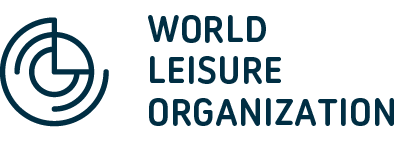Sue Street participated in the 2016 Field School in South Africa and is now working with Joanne Schroeder (WLCE VIU) in the organization of the 2018 Douglas Ribeiro da Silva Field School in São Paulo. For Sue, being involved in the WLO is a way of following the current trends in the field of leisure, tourism, recreation and sport. Read this short interview and get to know her better!
In one sentence: What does leisure mean to you?
Leisure is the conduit through which each person, regardless of ability, can freely enjoy their personal interests, social connection, inclusion, nature, and a good life.
What leisure projects, research and/or activities are you involved in?
Working with the World Leisure Centre of Excellence (WLCE) at Vancouver Island University (VIU), I am currently helping to coordinate the 2018 WL Congress Field School in São Paulo Brazil with Prof. Joanne Schroeder.
How do you promote the development of leisure and leisure studies?
By being actively involved with the WLO I am able to stay up to date on current areas of research and trends that affect the field of leisure, tourism, recreation and sport. I love sharing my experience of the WLO Field School in South Africa, and enjoy talking with other students about current projects being supported by the WLO and the WLCE at VIU.
How did you hear about WLO?
I first heard about the WLO through the WLCE at VIU in 2014.
Why did you decide to become a member of WLO?
The WLO is working hard to effect global change through sustainable leisure development. My membership helps to foster those connections and create positive, lasting change. In return, I receive information, support, and networking opportunities that enhance my knowledge and understanding of leisure.
What kind of synergies would you like to develop through your WLO membership?
The WLO strives to stimulate communication and collaboration and I would love to develop enhanced synergies between leisure and primary education and/or local community development. Using leisure as a tool to create life-long learning models can help to address barriers and constraints to public engagement and establish sustainable, diverse networks that promote and enhance overall community well-being.




